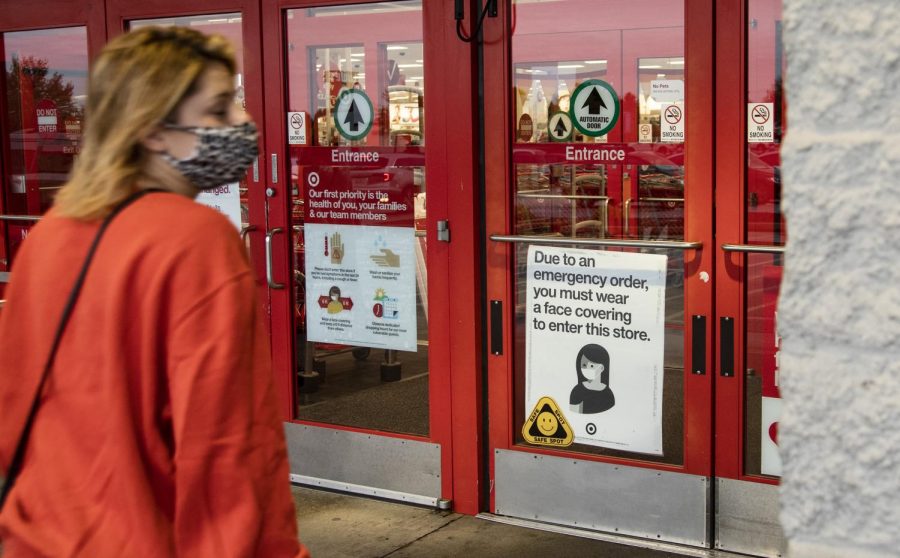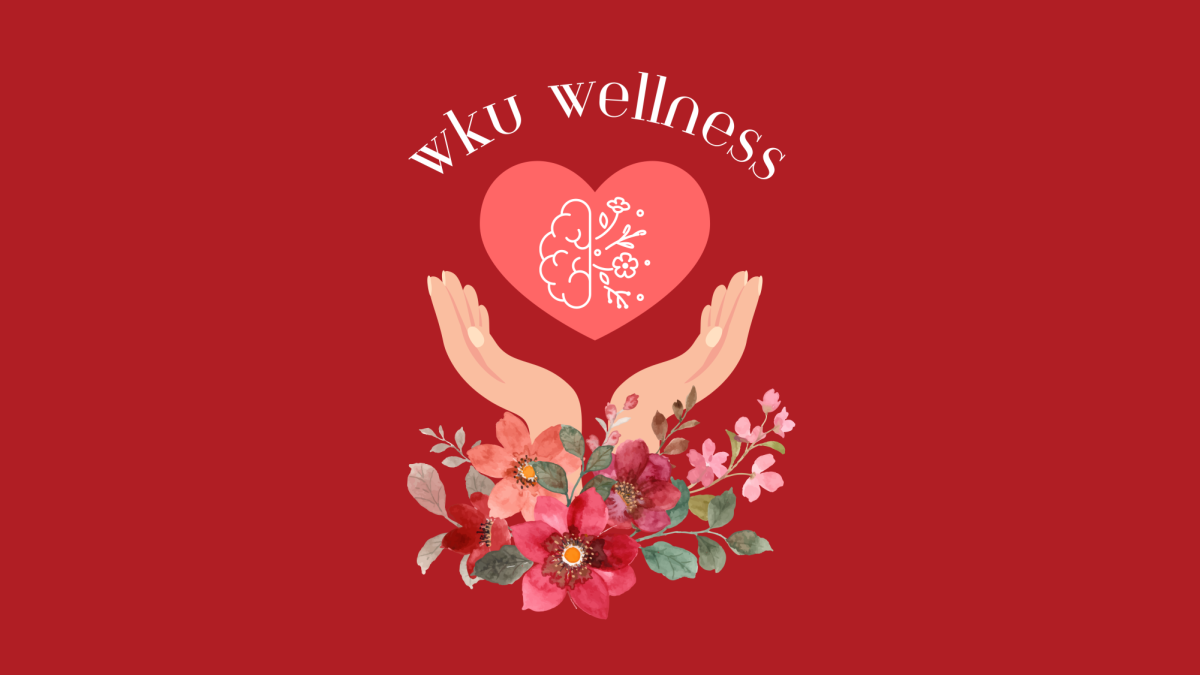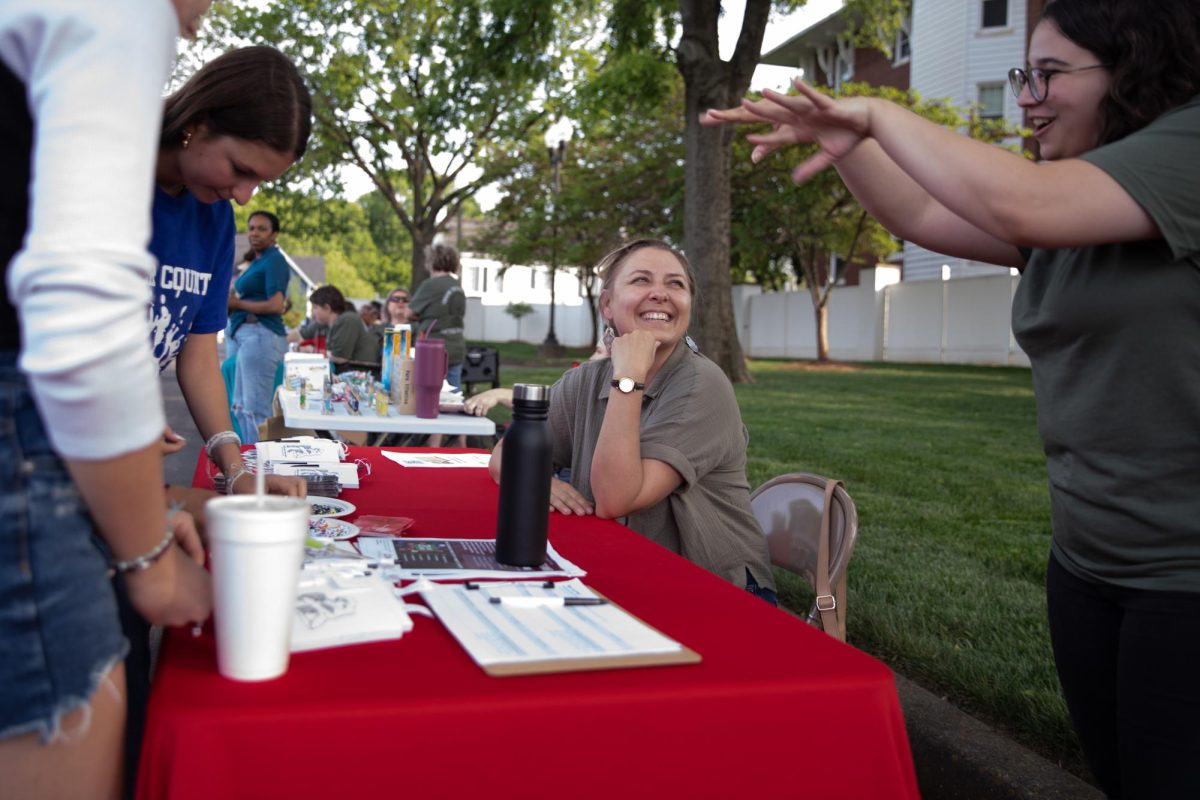OPINION: What will the world look like post-COVID?
March 30, 2021
Since the early excitement of an extended spring break a year ago, we have been wondering what life would be like in a post-COVID world. Now that there are multiple vaccines and widespread vaccination, we are closer to that reality than we have ever been. Though, what have the events of this virus done to our society? What has it changed, culturally or physically, about the ways we go about our daily lives?
The U.S. has lost over 500,000 lives to COVID-19. These are unprecedented numbers which have not been seen in a century. These are lives and families that are changed forever because of these losses. This alone is enough to cause changes in society that could be hard to see for some, especially in the ways people think about the world around them. However, these are not the only differences we might see.
One of the largest issues in the U.S. that has surrounded the efforts to contain the virus have been masks. The wearing of masks here has become a fervently divisive phenomenon socially and politically. It became an immensely important topic for the 2020 presidential race and an issue that has divided families themselves.
Mask wearing may just now be common for the people in the U.S., but it is not uncommon elsewhere across the world. Many who live in China, Japan and Korea, to name a few, wear masks without the fear of COVID-19 behind it. Though the reasons for wearing them are quite different at times, the risks of no masks have stuck all the same in those societies.
The question now is how will the mandate of masks affect the culture and daily lives of Americans in the future? This is a complicated question to answer. Opinions around masks can differ even between counties or cities, much less across the U.S. as a whole. For some people, masks have become synonymous with everyday activities. Myself, along with many others, have even gotten to the point where we sense something is missing when we watch a movie or show. Media like this sometimes hurts our suspension of disbelief because the protagonist or other characters do not wear that oh-so-common facial covering.
Despite the importance of masks in slowing the spread of COVID-19, there are many who are skeptical and against the use of masks. This is one of the biggest reasons that masks will likely stay a divided issue for quite some time in the U.S. It is impossible to determine what the future of masking will become, but it is quite safe to say that this is not an issue that will resolve before we get COVID-19 under control.
As for the opinion of this editor, masks work. Scientific evidence shows that many of the face coverings we wear do, in fact, have a high success rate of stopping the spread. For more evidence, you can look at many other countries who were far stricter on quarantining and masks as comparison.
Countries like New Zealand have recovered almost, if not fully, and now allow public gatherings without masks or fear. For this reason, we should continue the use of mask wearing and social distancing. I, like many of us, am tired of the limitations COVID-19 has brought, but it is more than worth it to save the lives of thousands.
What are your thoughts on a future after COVID? What will the world look like after the pandemic? Submit your thoughts to the Herald!
Community Page Editor Loren Gaskin can be reached at loren. [email protected].

























